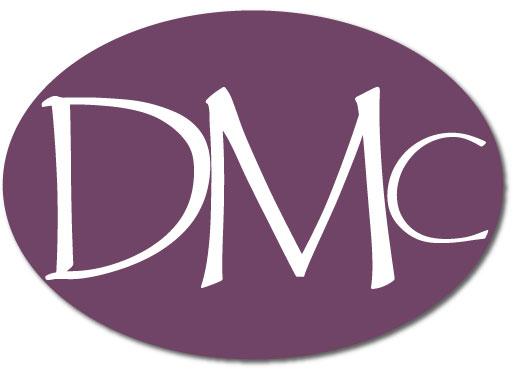
Two Biggest Problems With U.S. Healthcare
“The biggest contradiction in our culture today is calling medicine, healthcare. Medicine is not healthcare. It’s sickcare. When you take sickcare and provide it to a culture as healthcare then you end up with a sick culture.” Dr. Brandon Lundell
$2.7 trillion spent annually
It doesn’t matter what you call it…“The Affordable Healthcare Act” (ACA), or “The American Healthcare Act” (AHA), or whatever the current administration’s version is called…it’s just the orchestra playing a different tune as the Titanic continues to sink into the icy cold waters.
The healthcare system in this country has been broken for a very long time. The AHA was impotent from the beginning. The only thing that the ACA was good for getting more people enrolled into a broken system by forcing them to pay for “health insurance” which would more accurately be described as “sickness tax”.
I can understand how, with the ACA, someone might feel as though they had been allotted a certain amount of protection they did not previously have. However…in keeping with the Titanic analogy, all that was accomplished was that they released a few of the poorer passengers from the Steering Class section. Still a sinking ship! Sorry, no more life preservers but maybe you can swim fast enough to keep warm in the icy waters.
In terms of acute care there is no better place to be than right here in the ‘Good Ole U S of A’. Our emergency medical system is second to none.
Problem #1
The current model of healthcare is based on treating acute issues. Back in the day, as this current system was developing, going to the doctor was the last resort. Consequently, if you showed up at the doctor’s doorstep, it was an emergency.
Unfortunately, chronic illness, not acute, is the very thing that is killing people in this country. When you treat a chronic illness with an acute-care model you end up with a lot of really unhealthy people!
Chronic illness, not acute, is slowly, insidiously, physically and financially, destroying this country. Annually, $1.65 Trillion is spent treating patients with one or more chronic diseases. Chronic illnesses account for 75% of the $2.2 trillion we spend on health care each year in the U.S. These numbers are expected to continue growing. Some sources say the costs of treating diabetes alone can bankrupt this country by 2050.
The vast majority of chronic illnesses are very preventable. It’s estimated that eliminating just three risk factors – poor diet, inactivity, and smoking – would prevent: 80% of heart disease and stroke; 80% of type 2 diabetes; and, 40% of cancer. If we take into account what we are learning from the burgeoning field of epigenetics I suspect that the preventability of all three, including cancer, would increase significantly.
Problem #2
The unfortunate truth is that the current model is a profit driven system, in which the vast majority of the profits go to the insurance company and the pharmaceutical industry. The insurance companies only pay $XX.XX for a fifteen minute office visit. The pharmaceutical companies incentivize hospitals and physicians for prescribing. There is no motivation to heal. And certainly there is no motivation to educate on prevention. This only allows for management of symptoms. Hence the doctor is thinking in terms of patient visits per hour and a drug for each symptom.
Recently, for example, a young lady was referred to our office by another patient. I do not take any insurance.
She was having neck and shoulder pain. She considered herself to be pretty healthy. She did have a long history of migraine headaches for which her doctor prescribed Fioricet. It kept them down to one or two a month, usually when she was on cycle. Over the past few months she started having digestive problems. She was given a prescription for Nexium. She said, “he told me I’m just getting older.” She is 32. Additionally, since beginning the Nexium her headaches have increased in frequency. Coincidentally, she had recurring colds this past winter.
I explained to her that one of the side effects of her headache medication is indigestion and that one of the side effects of Nexium is head and muscle pain. We started her on an anti-inflammatory diet, adjusted her spine, and ordered some blood work. Within the first week her neck and shoulder pain was gone.
We determined that she had an epigenetic issue that impacts her ability to metabolize folic acid and B12. I explained that these simple nutrients are vital for immune system function, proper digestion, and anti-inflammatory processes. We put her on a specific protocol (designed to address this epigenetic issue) and by the end of week two she had lost five pounds and had no more headaches.
At the end of two months she was down 22 pounds, no headaches and her cycle “just kinda came and went.” As long as she stays away from gluten, which is strongly linked to the epigenetic issue, she has no problems.
Had she continued with her insurance covered provider, she would likely have been diagnosed with something like Fibromyalgia and prescribed Lyrica for her “over active nerves” and the Cymbalta for her depression.
This regrettably is not an isolated incident. Furthermore, this is not an indictment of the doctor. The doctor is a product of the USS Titanic Healthcare System.

